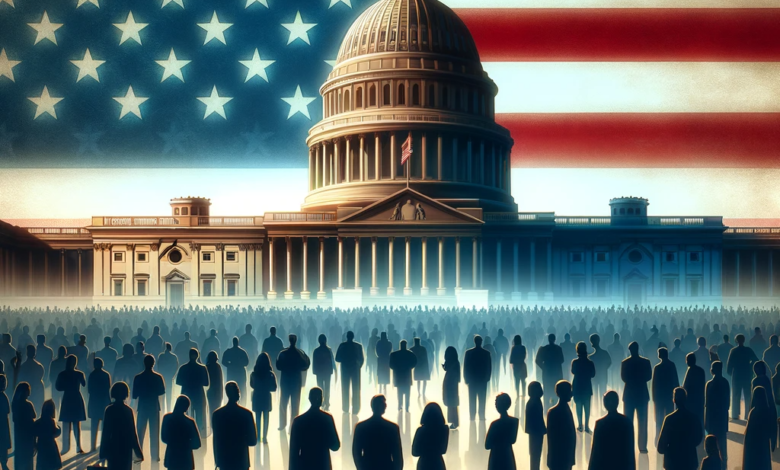Republican-Controlled Congress Could Bring Tax Cuts and Increased Deficits

If Republicans gain control of Congress, experts anticipate a push for sweeping tax cuts that could impact the federal deficit. The party has long prioritized tax reduction, particularly for corporations and high-income earners, citing economic growth and individual financial relief as core benefits. However, these cuts, if implemented, are expected to deepen the national deficit, which remains a point of debate in U.S. fiscal policy.
Potential Tax Policy Changes
Republican leaders have signaled interest in reducing corporate tax rates further and making permanent some of the individual tax cuts introduced in the 2017 Tax Cuts and Jobs Act, which are currently set to expire in 2025. Additionally, proposals for cuts to capital gains taxes and estate taxes could be on the table. Proponents argue these measures could stimulate the economy by incentivizing investment and job creation, while critics say the benefits disproportionately favor wealthy individuals and corporations.
Impact on the Federal Deficit
Tax cuts would likely lead to increased deficits if not offset by spending reductions or alternative revenue sources. The Congressional Budget Office (CBO) has warned that rising deficits could have long-term economic consequences, such as higher interest rates and a heavier debt burden. Republicans may seek to address this by proposing cuts to social spending programs, though such measures could face significant political pushback.
Economic and Political Implications
A Republican-led Congress could reignite debates over fiscal responsibility, weighing economic stimulation through tax cuts against the risks associated with expanding the national debt. These potential policy shifts could have broad implications for financial markets, public programs, and the overall economy as the nation continues to recover from pandemic-era challenges and inflationary pressures.
Observers will closely monitor these developments, as the outcomes could shape the direction of U.S. fiscal policy for years to come.





